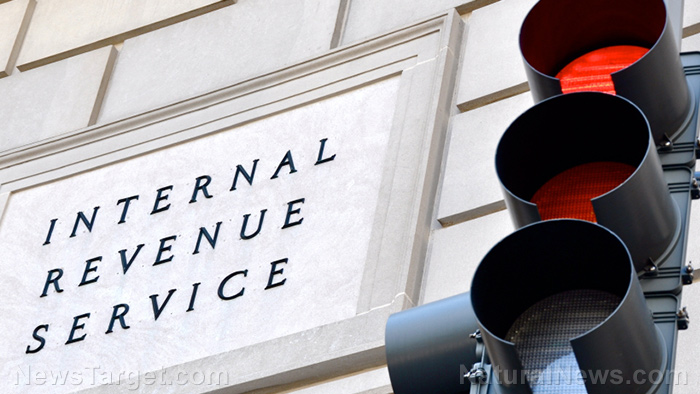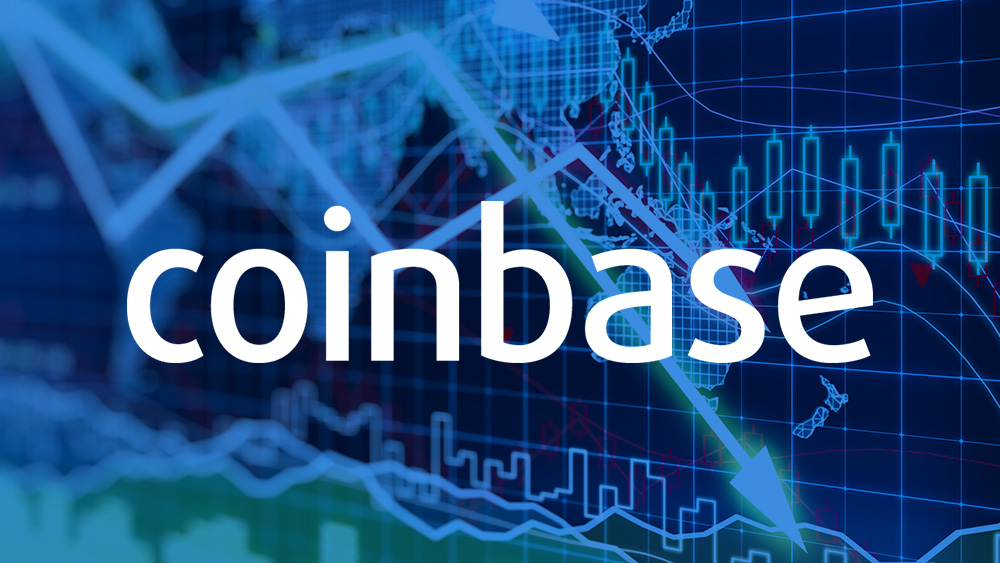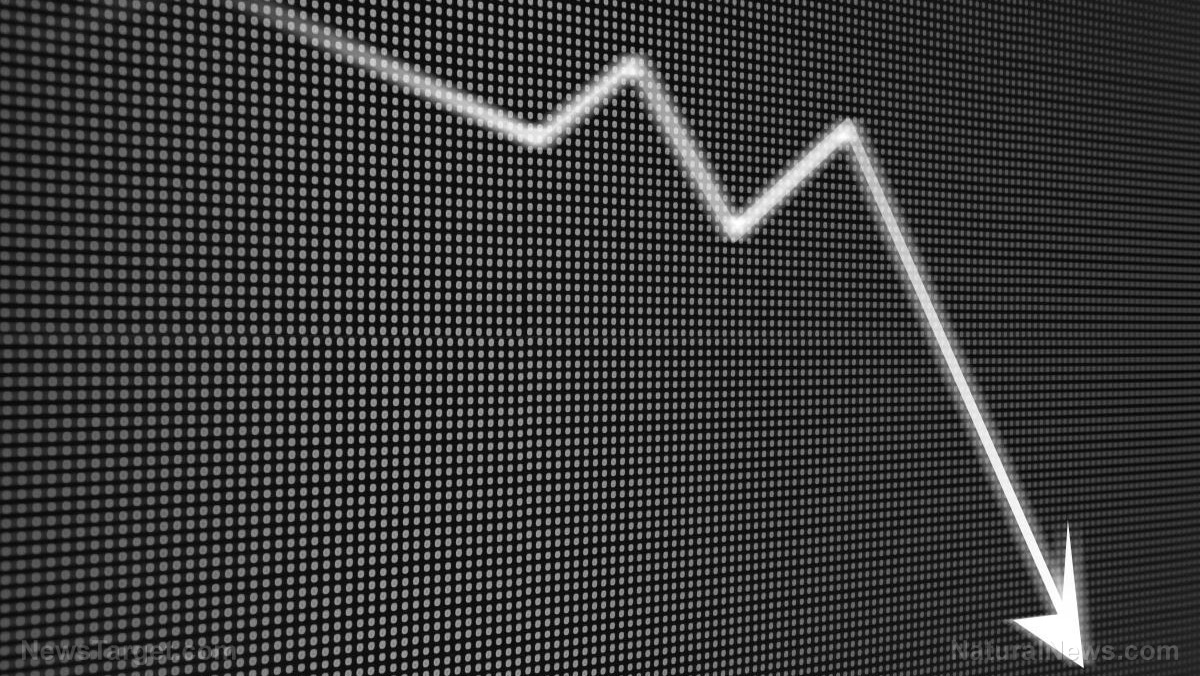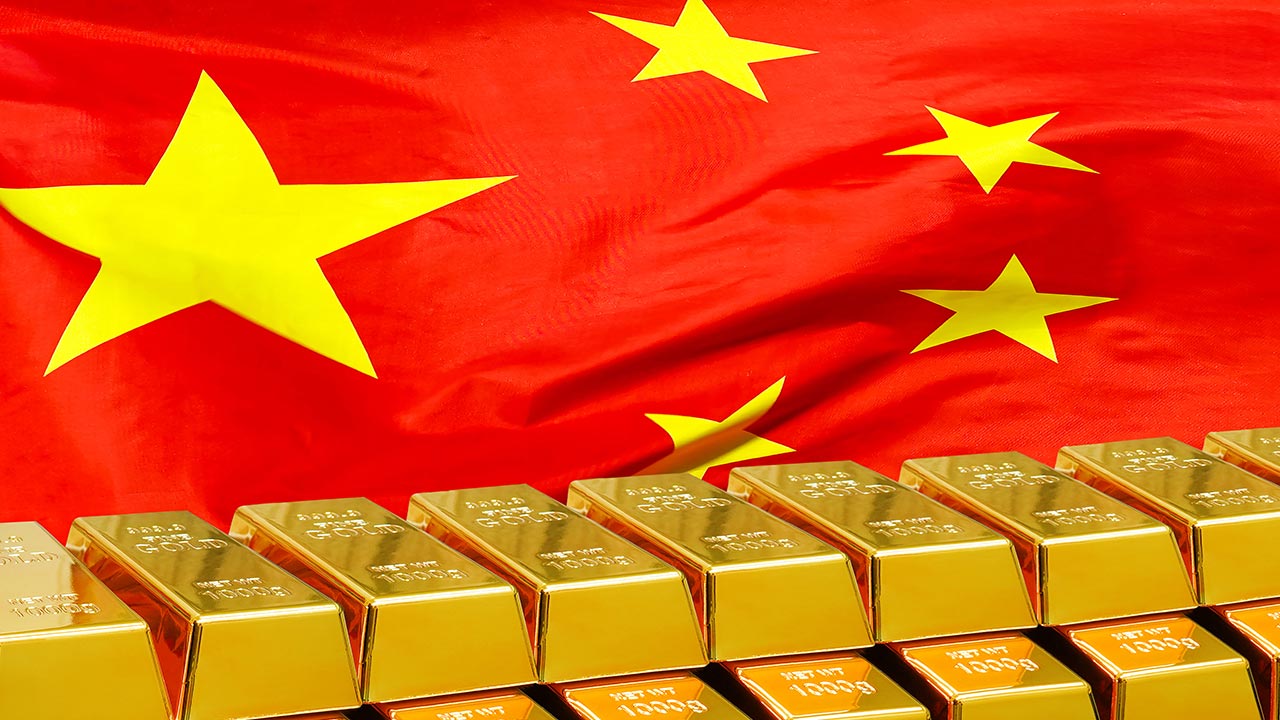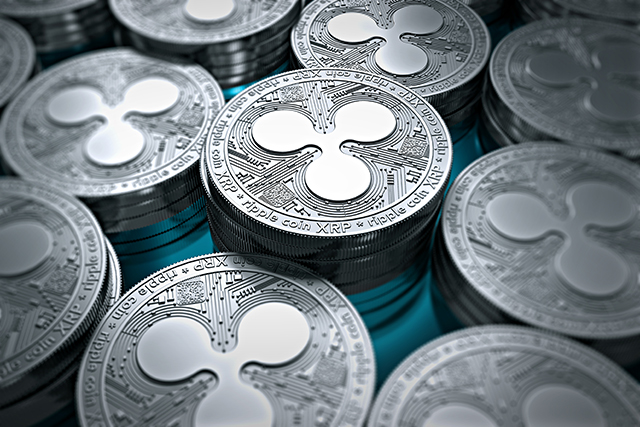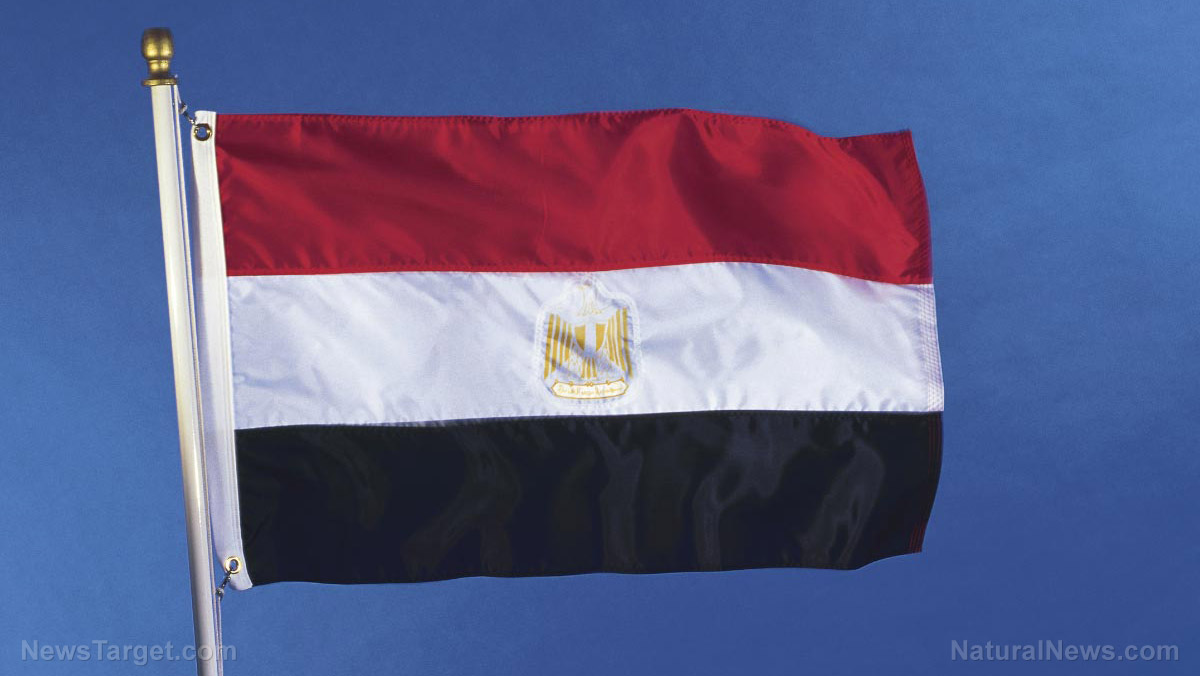Zimbabwe central bank announces gold currency to combat inflation
07/08/2022 / By News Editors
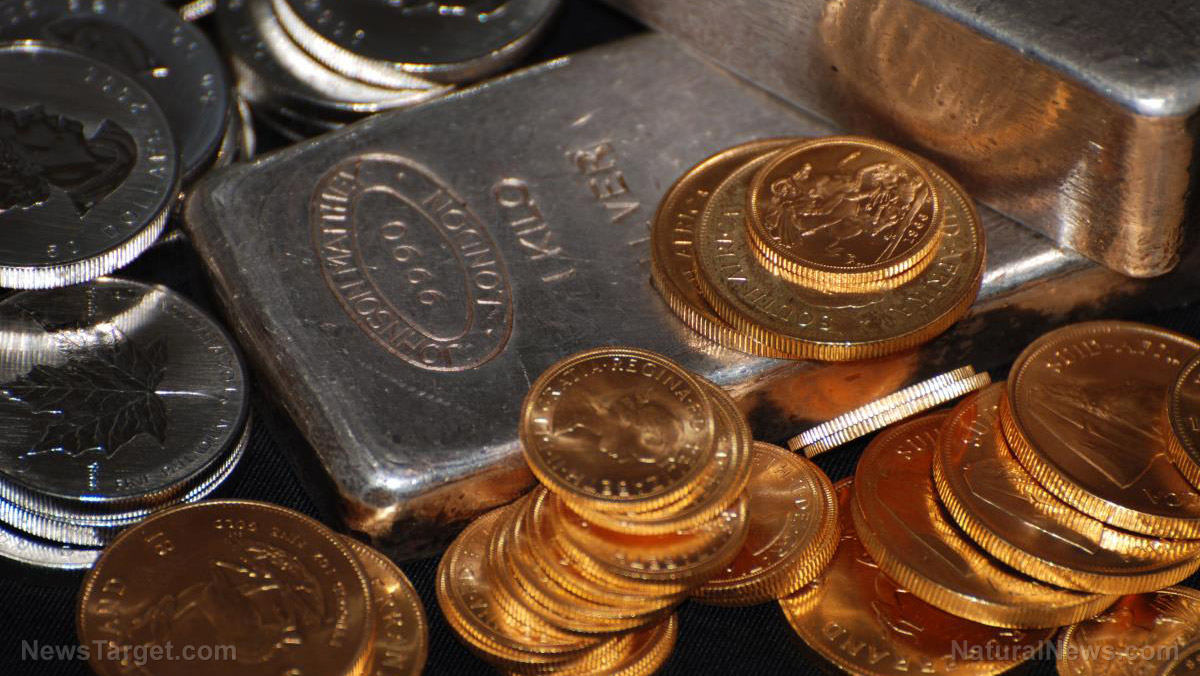
The Central Bank of Zimbabwe stated on Monday that it would soon begin issuing gold currency in an effort to reduce inflation, which hit 191 percent in June. The Harare government thinks that this will decrease demand for US dollars and at the very least slow down the further depreciation of the local currency.
(Article republished from GreatGameIndia.com)
The coins should be accessible through neighborhood banks and currency exchanges by the end of July, according to Governor of the Central Bank, John Mangudya. They will have one troy ounce of gold in them and be legal tender that can be exchanged for money both domestically and abroad. They are called Mosi-oa-Tunya after the Victoria Falls.
“The gold coins will be available for sale to the public in both local currency and US dollars and other foreign currencies at a price based on the prevailing international price of gold and the cost production,” Mangudya said in a statement.
Pursuant to the resolution of the Monetary Policy Committee of 24 June 2022 to introduce gold coins into the market as a store of value, the Reserve Bank of Zimbabwe @ReserveBankZIM wishes to advise the public on the salient features and characteristics of the gold coin. pic.twitter.com/BwR0DDHO2V
— Ministry of Information, Publicity & Broadcasting (@InfoMinZW) July 4, 2022
The Central Bank believes that by using the coins as a store of value, the demand for US dollars will decline. Harare attributes this desire for US dollars to the ongoing devaluation of the country’s currency, also known as the Zimdollar or zollar (ZWL). Mangudya has laid up plans to recognize the US dollar as legal money for the following five years. The Central Bank increased interest rates last week from 80% to 200%.
Currency broker Munesu Mandiopera responded to a question about the new coin by saying, “Gold is expensive.” “Many will continue to keep their money at home. This is another failed move by the government.”
The move comes as both the US and China are rekindling their interest in Zimbabwe, particularly due to the country’s lithium resources, which are the largest in Africa and the fifth-largest in the world. An estimated 11 million tons of the metal most frequently used in batteries are located at the Bikita mine in the region of Masvingo. The mine was recently purchased by China’s Sinomine Resource Group for $180 million, and last month the company revealed plans to invest an additional $200 million to expand operations.
As the new American ambassador to Zimbabwe, US President Joe Biden has proposed a seasoned diplomat who has experience working in Turkey, the UK, and Ukraine. When Sweden, a historically neutral nation, announced its intention to join NATO, Pamela Tremont was serving as the country’s chargé d’affaires there.
The initial Zimbabwean dollar, launched in 1980, originally traded at a parity with the US dollar but increased to a 100:1 ratio by 2000. The Zimbabwean dollar was trading at 300 trillion ZWR to one US dollar by the time the fourth version of the currency was abandoned, in September 2009.
Read more at: GreatGameIndia.com
Submit a correction >>
Tagged Under:
big government, bubble, central bank, chaos, collapse, currency crash, currency reset, finance, gold currency, inflation, market crash, money supply, panic, risk, Us Dollar, Zimbabwe, Zimdollar
This article may contain statements that reflect the opinion of the author
RECENT NEWS & ARTICLES
COPYRIGHT © 2022 CurrencyCrash.News
All content posted on this site is protected under Free Speech. CurrencyCrash.News is not responsible for content written by contributing authors. The information on this site is provided for educational and entertainment purposes only. It is not intended as a substitute for professional advice of any kind. CurrencyCrash.News assumes no responsibility for the use or misuse of this material. All trademarks, registered trademarks and service marks mentioned on this site are the property of their respective owners.





